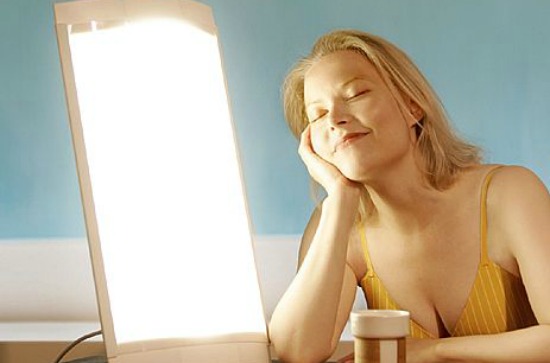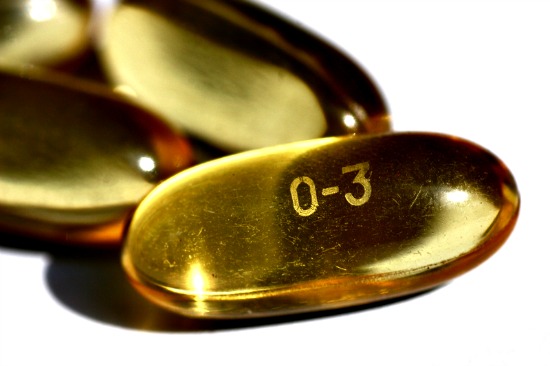
The Top 10 Non-medical Forms of Treatment for Bipolar Disorder
Written by Jennifer Bennett, Posted on , in Section Hero
Bipolar disorder is a complex and chronic illness. Fortunately, effective treatment exists, and you can get better.
So you’ve been diagnosed with bipolar disorder, yet you don’t want to rely solely on medications. There are ways to treat bipolar disorder that can help you ease stress and help increase your total wellness. Most of these treatments are far less expensive than mediations and are even free. These are not medically proven remedies. However, many people say they have used the following ways to treat their symptoms and found success. Always consult your physician before changing your treatment in any way.
10. Sex

Sexuality issues and behavior can be some of the hardest aspects of bipolar disorder to treat. There are many people with bipolar disorder that can have healthy relationships and satisfying sex lives. The key is to not give up, continue to work with health care professionals seek answers to the problems, and keep the lines of communication between patients and their partners wide open. Some people have found organisms to ease some symptoms of bipolar disorder aiding to relaxation. Talk to your health care provider about how sex might help you in your situation.
9. Psychotherapy

Psychotherapy, or "talk therapy", is a way to treat people with a mental disorder by helping them understand their illness. It teaches people strategies and gives them tools to deal with stress and unhealthy thoughts and behaviors. Psychotherapy helps patients manage their symptoms better and function at their best in everyday life. Sometimes psychotherapy alone may be the best treatment for a person, depending on the illness and its severity.
8. Light Therapy

Light therapy can be useful for bipolar depression as well as dark therapy that as been may help with rapid cycling. Consult your physician to find out if either of these therapies may be right for you.
7. Diet

Consuming fatty fish may help reduce depression and improve brain function. It may also help have a positive effect on the moods of those with bipolar disorder. Fatty fish is also good for the heart. Try to have at least two servings a week. Reduce your intake of saturated and trans-fats which have been linked to brain chemical imbalances. Your doctor might recommend stopping caffeine, which can alter mood and disrupt sleep. Studies suggest the Ketogenic diet has benefits for bipolar disorder in some cases, and a gluten-free diet may help some but only if you have celiac disease.
6. Sleep

According to both experts, cultivating healthy habits are extremely important. Make sleep a priority. Try to get seven to eight hours of slumber per night, and wake up at the same time each morning. Consult your doctor if you’re traveling between time zones, which boosts the risk for manic episodes.
5. Exercise

Physical exercise can help steady mood and ease depression. Exercise releases brain chemicals called endorphins, which cause euphoric feelings and can help you sleep better. Exercise is also good for your heart and can help you maintain a healthy weight. This is especially important for people with bipolar disorder, as they have a higher risk for heart disease, diabetes, and obesity.
4. Vitamins and Herbs

Clinical trials have yet to prove any over-the-counter supplements are effective for treating bipolar disorder. But there is some evidence that support they may help stabilize mood and relieve depression. Remember, the FDA does not monitor the safety of herbs or supplements. Never use them without consulting with your doctor.
3. Meditation, Massage and Yoga

Yoga involves stretching and balancing the body in specific stances called “poses.” These poses are performed along with controlled breathing and meditation. The combination can leave people feeling both calm and invigorated. Bipolar disorder can be complicated by stress. Relaxation techniques such as meditation can be a valuable part of your overall treatment plan. Massage therapy is another alternative mean for managing bipolar disorder. As with yoga and meditation, massage helps reduce anxiety and stress.
2. Hobbies

Diving into hobbies or something you’ve always wanted to do can help change your mood. It can help simulate positive energy where you can focus on something you enjoy.
1. Goals, Hopes, and Dreams

Many people feel like once diagnosed with bipolar disorder that their life is somehow over. They can’t achieve hopes, dreams, or even goals. That’s not true at all. In fact, some studies suggest that focusing on hopes and dreams can help you manage your illness in ways to give your life focus and control. It’s important to look forward to something and give yourself something to focus on.
